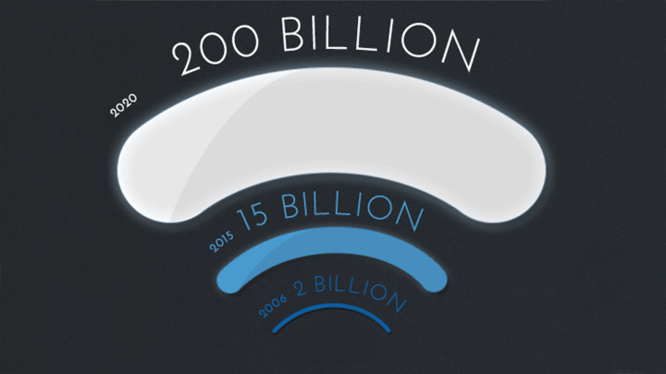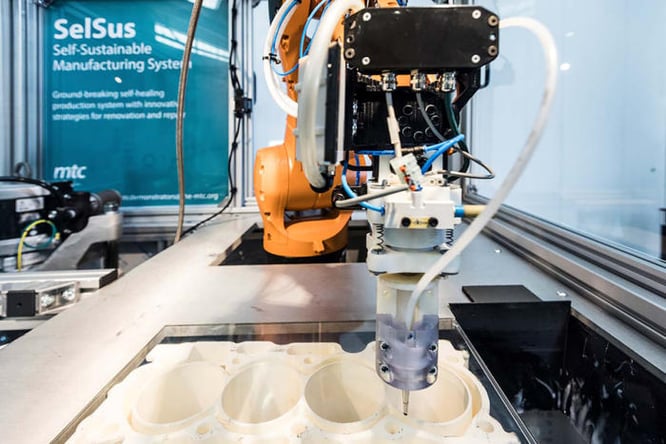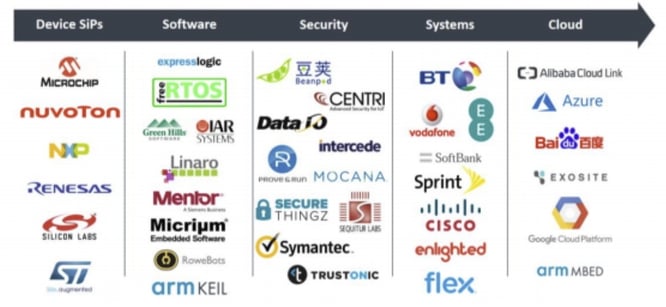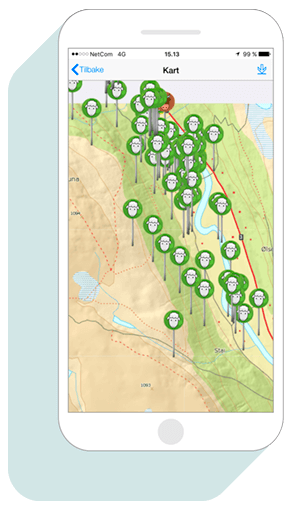Welcome to This Month in Things. Every month, we try to bring you the most interesting, important information you need on IoT. It's always quick, useful, and informative. Make sure you subscribe to stay tuned in to IoT.
The IoT Report
Let's kick things off with an industry report. Intel has predicted that by 2020 we will have 200 billion connected devices—from small chips to industrial machines—in IoT.

In a recent report by Gartner, connected technology will be in 95% of all new electronics; it all has to do with cost. Every day it will get cheaper to add a chip to almost anything, and one day consumers will expect it—hopefully after we work out all the bugs.
A Fitbit for Your Stomach
The Brigham and Women's Hospital in Boston and MIT teamed up to create a very unusual wearable. It's a device you swallow and it monitors movements in the stomach, senses ingestion, and powers itself for two days.

It's a Fitbit for your stomach. Ultimately, this incredibly flexible device will come in the form of a pill. Though extremely odd, this is a step in the right direction for preventive healthcare. Doctors will soon be able to know or predict when things are wrong with their patients before they occur.
Self-Healing Machines
In the industrial and manufacturing industries, predictive maintenance has huge value for organizations. Having the ability to predict when a machine could fail has the potential to save a lot of money. However, what if we could not only know if the machine would fail, but it could also fix itself.

Multiple European academic institutions and manufacturers, including Ford, are currently trying to make this real-life possibility. Robotic arms can not only perform a specific action but, due to their flexibility, they could potentially fix themselves too. Because of the complex machine learning that this task requires, it's still very experimental. Today, we are only scratching the surface to understanding the value that machine learning and IoT can have.
Employees Get Implantable Chips
A couple of months ago, we discussed how a Swedish company called Biohax was looking to implant a chip into its employees to allow them to access the building, log into their machines, and buy items in the office. Well, the project didn't stop there. A Wisconsin company called Three Square Market is offering the same implantable chips to its employees.

The project is in partnership with Biohax. And surprisingly enough, it looks like about 50 of their employees are going to get implants. These chips use a combination of NFC and RFID technology to verify the identity and proximity of the user. Proponents of this idea imagine a day when this implant can give access to public transit, or even serve as your passport.
Google and Others Back Internet of Things Security Push
The chip designer ARM has set out to tackle the security problem of IoT. A majority of IoT devices use an ARM-based chip; even your phone does. By creating a new security framework called Platform Security Architecture (PSA), ARM hopes to help engineers build security directly into the device firmware.

Big companies, like Google Cloud Platform, Sprint, and Cisco, are also supporting this initiative. The goal is to solidify and foster best practices to make all consumer devices better.
IoT Saves Christmas
The Nordic region contains about 600,000 reindeer. Each year a train kills about 6,500 of them. Santa isn't too happy about that. There is an animal tracking company called FindMy that flew in to save the day.

They implemented an app called SaveMyReindeer that acts as an early warning system to warn train drivers when they are near animals, and the reindeer owners get an alert as well to give them time to move the reindeer. Look at that, IoT is already saving Christmas.
That’s all for this month! Until next time, stay connected.
